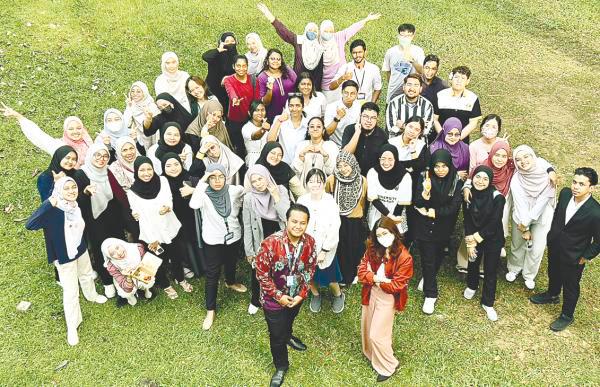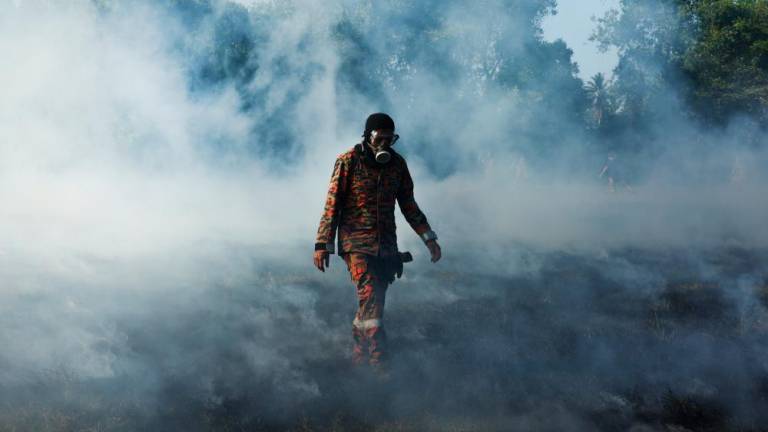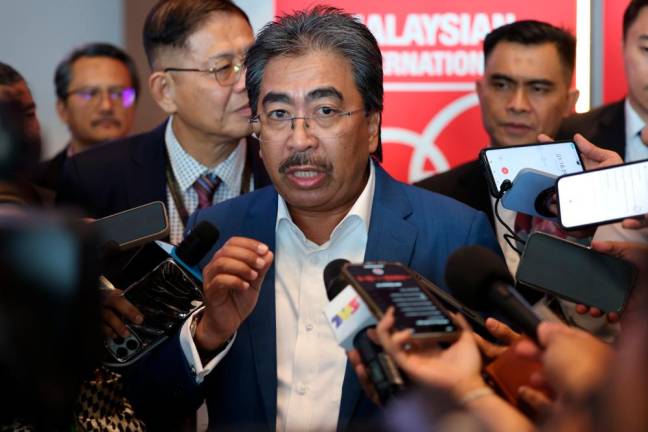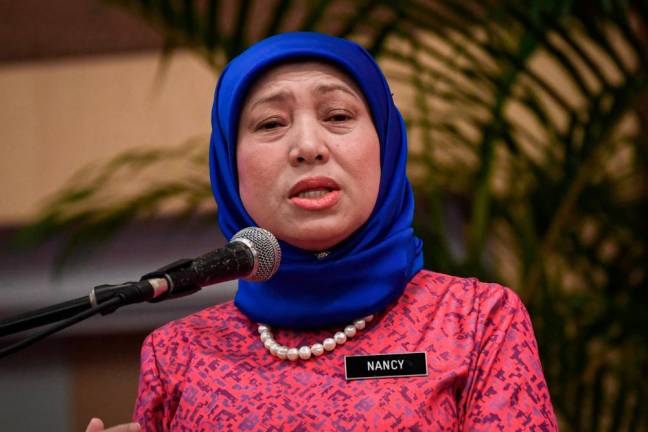THE rise in anxiety among young people, fuelled primarily by a lack of self-awareness, is a pressing concern, especially amid the backdrop of insecurity and societal pressures.
Societal expectations weigh heavily on the shoulders of young individuals, as highlighted by a 2023 report by the Mental Health Foundation in the UK. This pressure to conform to cultural or societal norms can lead to overwhelming stress and anxiety.
For example, the relentless pursuit of a “perfect” body or academic excellence often produces feelings of dissatisfaction with one’s body and constant worry about performance.
Moreover, research, such as a 2021 study involving junior high school students in China, has shown the importance of high self-esteem and resilience against common mental health issues like anxiety.
Adolescents with a positive self-image are said to be better equipped to navigate challenges while resilience empowers individuals to adapt to stressors and safeguard their well-being.
Also, the overwhelming influence of social media on our lives cannot be overlooked. Reports, such as one by The Guardian in 2023, have shed light on how social media fuels body image insecurities and contributes to mental distress among children and young adults.
The constant flooding of idealised images and relentless comparisons on these platforms often build feelings of inadequacy and decrease self-esteem.
Addressing the challenges of anxiety among youths requires a multidisciplinary approach that includes building self-awareness, promoting positive coping mechanisms and establishing robust support systems. These elements play important roles in building healthy mental well-being and producing resilience in individuals.
Self-reflection stands at the front of this journey towards self-awareness. By encouraging individuals to go deeper into their thoughts, feelings and behaviours, we can pave the way for introspection and self-discovery.
Through this process, individuals can gain insights into their strengths, weaknesses and core values, therefore laying a foundation for self-awareness and resilience in the face of difficulty.
Effective coping mechanisms also serve as important tools in managing stress and anxiety. By giving individuals practical strategies to deal with life’s challenges, we empower them to cultivate a sense of control over their mental health.
These coping mechanisms, ranging from mindfulness practices to adopting healthy lifestyle habits, provide avenues toward enhancing mental well-being and emotional stability.
In addition, fostering self-awareness helps to establish deeper connections with others. As individuals gain a better understanding of themselves, they also tend to become more empathetic and sensitive to the needs and experiences of those around them. This increased empathy will not only strengthen social bonds but also contribute to a sense of belonging and support, finally reducing feelings of social isolation and loneliness.
These benefits are the real drives behind our recent programme, organised in conjunction with World Mental Health Month. It was a collaborative effort by the Bachelor of Counselling students from the Faculty of Education at Universiti Malaya under the guidance of Dr Norfaezah Md Khalid.
Together, we successfully engaged about 200 students from our campus to visit our booths, creating a vibrant atmosphere buzzing with curiosity and eagerness to learn about themselves.
With the theme “Understanding Yourself”, our goal was to provide participants with deeper insights into themselves through various activities and surveys at each booth.
By engaging in these activities, individuals embarked on a journey of self-discovery, discovering layers of their personalities and gaining valuable insights into their strengths and areas for growth.
Alongside this introspection, we aimed to equip them with practical coping mechanisms to navigate life’s challenges with resilience.
Unsurprisingly, the booth focusing on relationships received the most attention. Relationships are a fundamental aspect of human experience, influencing our emotions, behaviours and overall well-being.
The survey questions at this booth aimed to determine the role individuals predominantly play in a romantic relationship, offering insights that can help them find suitable partners, and build healthier and more fulfilling connections.
In conclusion, youths need to cultivate self-understanding, not only to navigate anxiety but also to adapt to the ever-changing world.
By fostering self-awareness and providing support for personal growth, we can empower individuals to grow amid life’s uncertainties and complexities.
I hope that in our little ways, we have helped them to face their uncertain future with more conviction.










